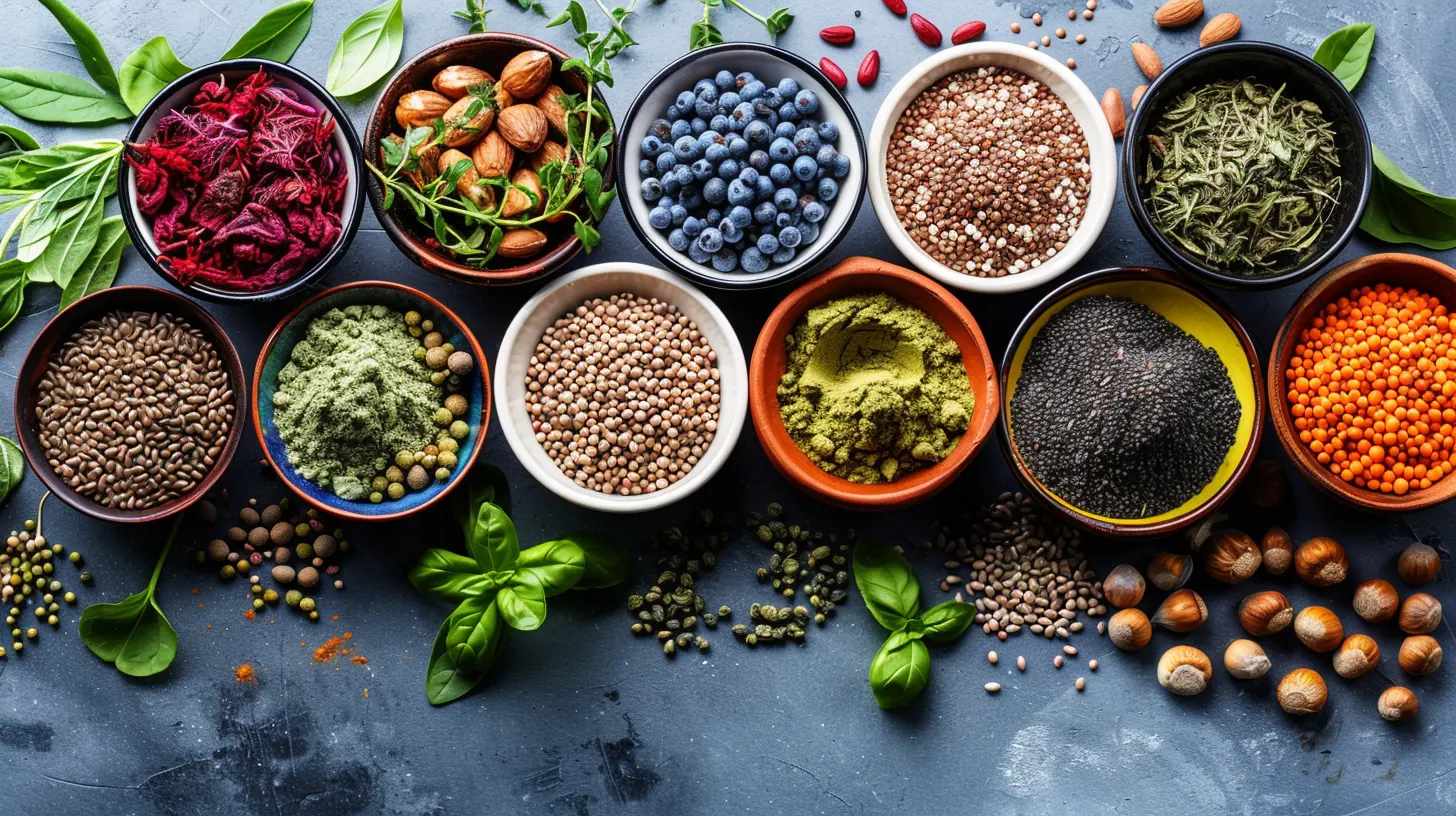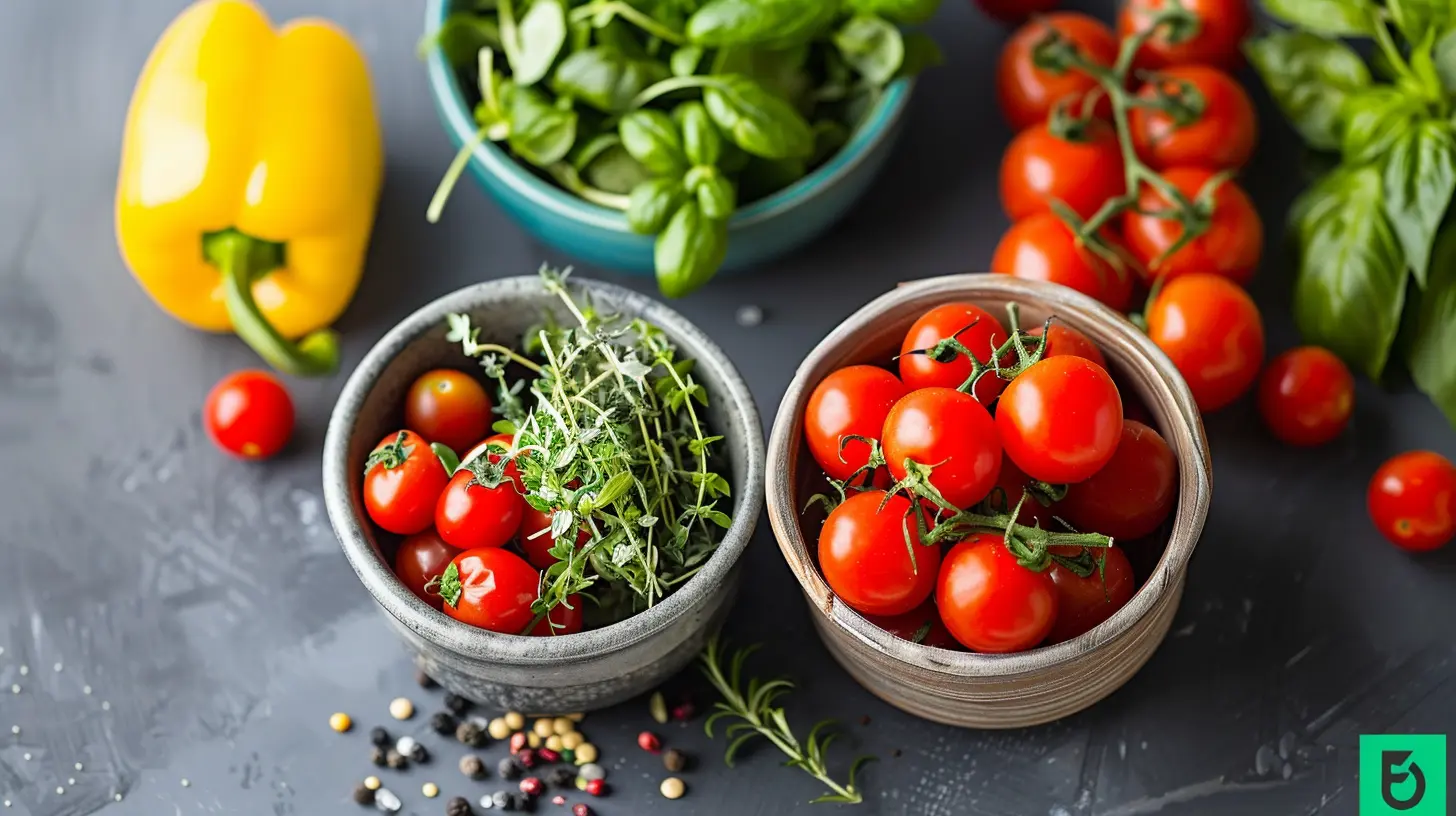Addressing Inflammation Through Functional Medicine Protocols
16 June 2025
Inflammation is like a double-edged sword. On one hand, it's your body's natural defense mechanism against infections and injuries. On the other, when it sticks around for too long, it can wreak havoc on your health. Chronic inflammation has been linked to conditions like heart disease, diabetes, autoimmune disorders, and even cancer.
So, what can you do about it? Instead of turning to quick fixes, functional medicine offers a deeper, root-cause approach by addressing the underlying triggers of inflammation. This means looking at diet, lifestyle, gut health, and even stress levels to help your body heal naturally.
Let’s dive into how functional medicine protocols can help you reduce inflammation and optimize your well-being.

Understanding Inflammation: The Silent Killer
Inflammation itself isn’t a bad thing. It’s your body's way of protecting itself from harm. When you get a cut, your immune system sends white blood cells to the area to help heal it. This is acute inflammation, and it usually subsides once the body has done its job.But when inflammation becomes chronic, it’s a different story. Picture a small fire that never gets put out—it keeps smoldering, causing slow and steady damage over time. Chronic inflammation can be triggered by poor diet, stress, toxins, and even an unhealthy gut. Unlike acute inflammation, chronic inflammation doesn’t always come with noticeable symptoms at first, making it a silent but deadly threat.

How Functional Medicine Tackles Inflammation
Functional medicine doesn’t just treat symptoms—it gets to the root cause of inflammation. By taking a holistic approach that includes diet, lifestyle changes, and targeted supplementation, functional medicine helps your body restore balance naturally.Let’s break down some of the key protocols used to combat inflammation.

1. Healing the Gut: The Gateway to Inflammation
More than 70% of your immune system resides in your gut, making it one of the first places to look when dealing with inflammation. If your gut is inflamed due to leaky gut syndrome, food sensitivities, or an imbalance of gut bacteria, it can trigger widespread inflammation throughout your body.Steps to Heal Your Gut:
- Remove inflammatory foods like gluten, dairy, processed sugars, and artificial additives.
- Replace digestive enzymes and stomach acid if needed for better digestion.
- Repopulate your gut with probiotics and prebiotics to restore healthy bacteria.
- Repair the gut lining with nutrients like L-glutamine, zinc, and bone broth.
A happy gut means less inflammation, better digestion, and improved overall health.
2. Anti-Inflammatory Diet: Food as Medicine
What you put on your plate can either fuel inflammation or fight it. The Standard American Diet (SAD)—packed with ultra-processed foods, refined sugars, and unhealthy fats—keeps inflammation on overdrive.Instead, opt for a diet rich in whole, nutrient-dense foods that naturally lower inflammation.
Best Anti-Inflammatory Foods:
- Fatty Fish (salmon, sardines, mackerel) – Rich in omega-3s, which help combat inflammation.- Leafy Greens (spinach, kale, Swiss chard) – Loaded with antioxidants and vitamins.
- Berries (blueberries, strawberries, raspberries) – Packed with anti-inflammatory polyphenols.
- Turmeric & Ginger – Natural inflammation fighters with powerful medicinal properties.
- Nuts & Seeds (walnuts, flaxseeds, chia seeds) – Provide healthy fats and fiber.
- Olive Oil & Avocados – Excellent sources of heart-healthy monounsaturated fats.
Avoid or limit processed foods, refined sugars, trans fats, and excessive alcohol, as they all contribute to inflammation.
3. Managing Stress: The Mind-Body Connection
Stress isn't just in your head—it has a profound effect on inflammation levels. Chronic stress leads to elevated cortisol levels, which can suppress the immune system and keep you in a constant state of inflammation.Ways to Reduce Stress:
- Deep Breathing & Meditation – Just 10 minutes a day can lower stress hormones.- Regular Exercise – Movement (like walking, yoga, or strength training) reduces inflammation naturally.
- Quality Sleep – Aim for 7-9 hours of restorative sleep to allow your body to heal.
- Journaling & Gratitude Practices – A great way to shift your mindset and calm your nervous system.
If you’ve ever noticed that stress makes you feel achy, bloated, or fatigued, it’s no coincidence. Lowering stress can significantly reduce inflammation in your body.
4. Targeted Supplements for Inflammation Control
Sometimes, even with a healthy diet and lifestyle, your body needs a little extra support. Functional medicine uses specific anti-inflammatory supplements to help bring things back into balance.Top Anti-Inflammatory Supplements:
- Omega-3 Fatty Acids – Found in fish oil, these help reduce inflammatory markers.- Curcumin (from Turmeric) – A potent anti-inflammatory that rivals some medications.
- Vitamin D – Essential for immune function and inflammation regulation.
- Magnesium – Helps relax muscles and supports stress reduction.
- Probiotics – Maintain gut health, which is crucial for keeping inflammation in check.
Of course, always work with a healthcare provider before starting new supplements to ensure they suit your individual needs.
5. Detoxification: Clearing Toxins that Fuel Inflammation
Environmental toxins—from pesticides to heavy metals—can contribute to systemic inflammation. Your body has natural detox pathways, but when overloaded, inflammation spikes.Simple Detox Strategies:
- Hydrate – Drink filtered water to flush toxins out.- Eat Cruciferous Vegetables (broccoli, Brussels sprouts, cauliflower) – These support liver detox.
- Sweat it Out – Exercise and sauna therapy help remove toxins through sweat.
- Reduce Chemical Exposure – Opt for natural cleaning and personal care products.
By supporting detoxification, you help prevent the buildup of toxins that might silently fuel inflammation.

Final Thoughts: Taking Control of Your Health
Inflammation doesn’t have to control your life. By adopting functional medicine protocols—focusing on gut health, eating the right foods, managing stress, using key supplements, and limiting toxins—you can take proactive steps to reduce chronic inflammation.Instead of putting a band-aid on symptoms, functional medicine allows you to heal from the inside out. So, why wait? Start making small, intentional changes today and give your body the support it truly deserves.
all images in this post were generated using AI tools
Category:
Functional MedicineAuthor:

Jackson Mahoney
Discussion
rate this article
1 comments
Denise Gilbert
Inflammation, meet your match: Functional medicine slays!
June 16, 2025 at 3:18 AM

Jackson Mahoney
Thank you! I'm glad you found the article insightful. Functional medicine offers powerful tools to combat inflammation effectively.


